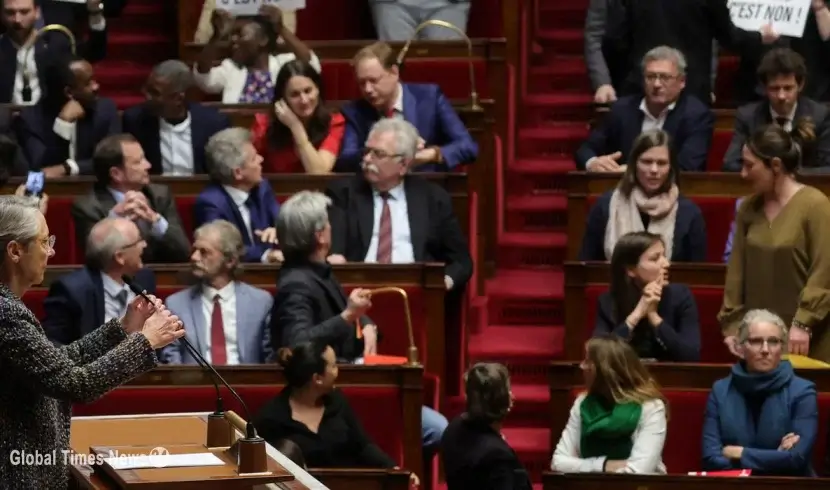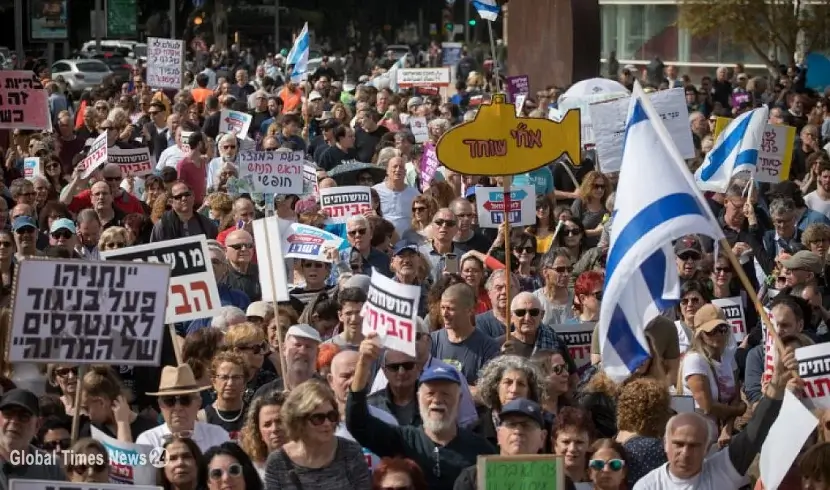In the heart of the Western Balkans and Europe, Serbia and Kosovo find themselves entrenched in a protracted and complex political and diplomatic feud that has spanned several decades. This conflict, characterized by territorial disputes and issues of international recognition, has far-reaching consequences not only for the two nations but for the broader region as well.
Kosovo, the youngest country in Europe, has been grappling with a myriad of challenges. Serbia considers Kosovo its rightful territory and has consistently thwarted Kosovo's aspirations to gain membership in international organizations and secure recognition from other states. This contentious relationship has persisted, fueling tensions on both sides.
Historically, Kosovo held a special place in the hearts of Serbs, often regarded as the cradle of their civilization. Serbia has vigorously sought to safeguard the interests of its people residing in Kosovo, who have faced mounting pressure from Kosovo's authorities based in Pristina. Serbia has also accused the world of turning a blind eye to this issue, likening it to Russia's incursion into Ukraine.
Recent events have further exacerbated the situation. In a shocking incident, a clash erupted between an armed group and Kosovo police in the village of Banjska, situated in northern Kosovo near the Serbian border. The armed Serbs blocked a vital bridge leading to Banjska with two unregistered trucks, sparking a shootout with the responding police officers. Tragically, this confrontation left one police officer dead and another injured.
Kosovo Force (KFOR), a NATO-led peacekeeping mission present in Kosovo since June 1999, has been closely monitoring the situation and stands ready to respond to any escalation on the ground.
Serbian President Aleksandar Vucic, in addressing the public, asserted that the armed individuals responsible for the attack on Kosovo police were not from Serbia but rather local Kosovo Serbs. Kosovo's Prime Minister Albin Kurti, on the other hand, claimed that organized criminal groups with political, financial, and logistical support from Belgrade were behind the attack. Vucic condemned the killing of the Kosovo police officer and lamented that NATO forces did not intervene, implying that this contributed to the tragedy.
Tensions between Serbia and Kosovo have persisted since Kosovo declared its independence in 2008. Despite receiving recognition from over 100 countries, Kosovo's bid for United Nations membership has been repeatedly thwarted by a Russian veto.
Kosovo, with a population of nearly 1.8 million people, is a diverse nation comprising Albanians as the majority, alongside various minority groups, including Turks, Bosniaks, Serbs, Goranis, Roma, Ashkalis, and Egyptians.
The conflict has seen numerous flashpoints in recent years, each contributing to the ongoing crisis. In the summer of 2022, Kosovo faced a crisis over the issuance of license plates and ID cards, prompting Russia to call for an end to "provocations" and advocate for the rights of Serbs in Kosovo.
Serbian President Vucic and Albanian Prime Minister Kurti's meeting in Brussels in August 2022 failed to yield an agreement, with Serbia alleging that Pristina aimed to drive away Kosovo Serbs from the north. Kosovo and Serbia eventually agreed on a new border policy in August 2022, brokered by the EU, aiming to ease tensions in the region.
Tensions flared again in November 2022 over the issue of car license plates, leading to clashes between police and local Serbs. Serbia's decision to deploy its army to the administrative border with Kosovo in May 2023 marked another escalation, with clashes and protests intensifying.
The international community has been closely monitoring these developments, with NATO deploying additional troops to Kosovo in June 2023 due to escalating tensions. As the situation remains volatile, new local elections in northern Kosovo and general elections in Pristina and Belgrade loom on the horizon, as Western countries continue to push for normalization of relations and alignment with EU policies.
The enduring conflict between Serbia and Kosovo stands as a poignant reminder of the challenges that persist in the Western Balkans, underscoring the importance of sustained diplomatic efforts to achieve lasting peace and stability in the region.
News ID : 2501
 Macron faces no-confidence vote over pension overhaul
World / Breaking News
Macron faces no-confidence vote over pension overhaul
World / Breaking News
 The Craziest Plane Crash That Turned Survivors into Cannibals
World / Breaking News
The Craziest Plane Crash That Turned Survivors into Cannibals
World / Breaking News
 Israeli Settlers Shoot and Injure Palestinian Children in West Bank Village
World / Breaking News
Israeli Settlers Shoot and Injure Palestinian Children in West Bank Village
World / Breaking News
 Why Living In Australia Has Been Impossible?
World / Top News
Why Living In Australia Has Been Impossible?
World / Top News
 Stop Bombing the Houthis; Attacking Yemen Spells Disaster for America
World / Opinion / Breaking News
Stop Bombing the Houthis; Attacking Yemen Spells Disaster for America
World / Opinion / Breaking News
 Intensifying ethnic polarity in Israel reaches deadline of election campaign
World / Opinion
Intensifying ethnic polarity in Israel reaches deadline of election campaign
World / Opinion
 10 Reasons to Start business in Dubai
Bussiness / Breaking News
10 Reasons to Start business in Dubai
Bussiness / Breaking News
 Major sports events of 2022
Sport / Breaking News
Major sports events of 2022
Sport / Breaking News
 Nakba 75: Palestinian citizens of Israel are exiles in their own land
World / Opinion
Nakba 75: Palestinian citizens of Israel are exiles in their own land
World / Opinion
 Early Maya Civilization
World / Breaking News
Early Maya Civilization
World / Breaking News